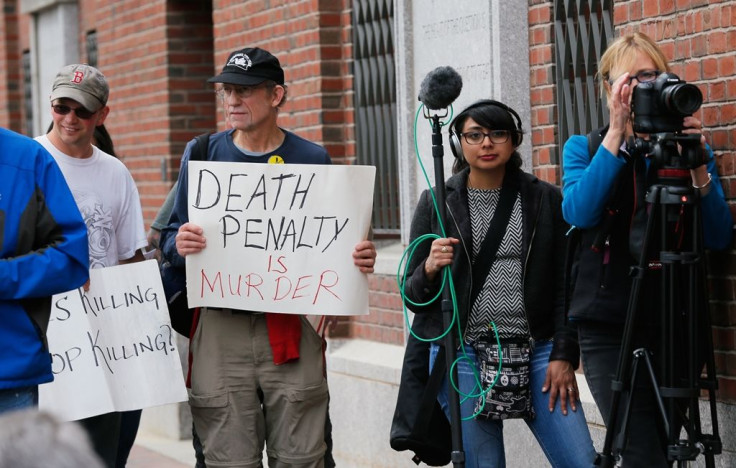Nebraska Lawmakers Override Governor Veto, Ban Death Penalty

Nebraska on Wednesday became the seventh U.S. state since 2007 to abolish capital punishment. It was the first time in more than 40 years that lawmakers in a conservative state reached such a decision.
In a 30-19 vote, lawmakers in Nebraska's Legislature overrode a Tuesday veto by Republican Gov. Pete Ricketts, who has been a strong supporter of capital punishment. The New York Times reported that the Legislature approved the repeal bill three times this year even though Ricketts had fought against it. Ricketts appeared on a number of TV interview programs and asked Nebraskans to urge their representatives to reject the bill.
A bipartisan group of legislators argued that capital punishment had become ineffective and insufficient. The last time Nebraska performed an execution was in 1997. In recent times, there has also been a shortage of drugs required for executions by lethal injection.
The repeal, however, is not applicable to the 10 Nebraska inmates currently on death row. One inmate who had spent 29 years in prison died of natural causes Sunday.
According to a number of conservatives, the death penalty is an unmanageable and costly government program. “It’s not pro-life, it’s not limited government, and doesn’t deter crime,” Marc Hyden from Conservatives Concerned About the Death Penalty told the Wall Street Journal.
Business owner Wayne Ambrosias told the New York Times that he would not like to sponsor the murderers’ stay in prison with his tax dollars. He said that the ban had shown that the politicians had been not in line with demands from the public.
But despite Nebraska's decision, most Americans seem to favor execution. A Gallup poll in 2014 revealed that 63 percent of Americans favor the death penalty for those convicted of murder.
Ricketts argued that the death penalty was an important tool for ensuring public safety. He said that a vast majority of people he talked to wanted to keep the death penalty. Supporters of death penalty in Nebraska demand that there should be attempts to “mend” the rule instead of “end” it.
© Copyright IBTimes 2024. All rights reserved.





















